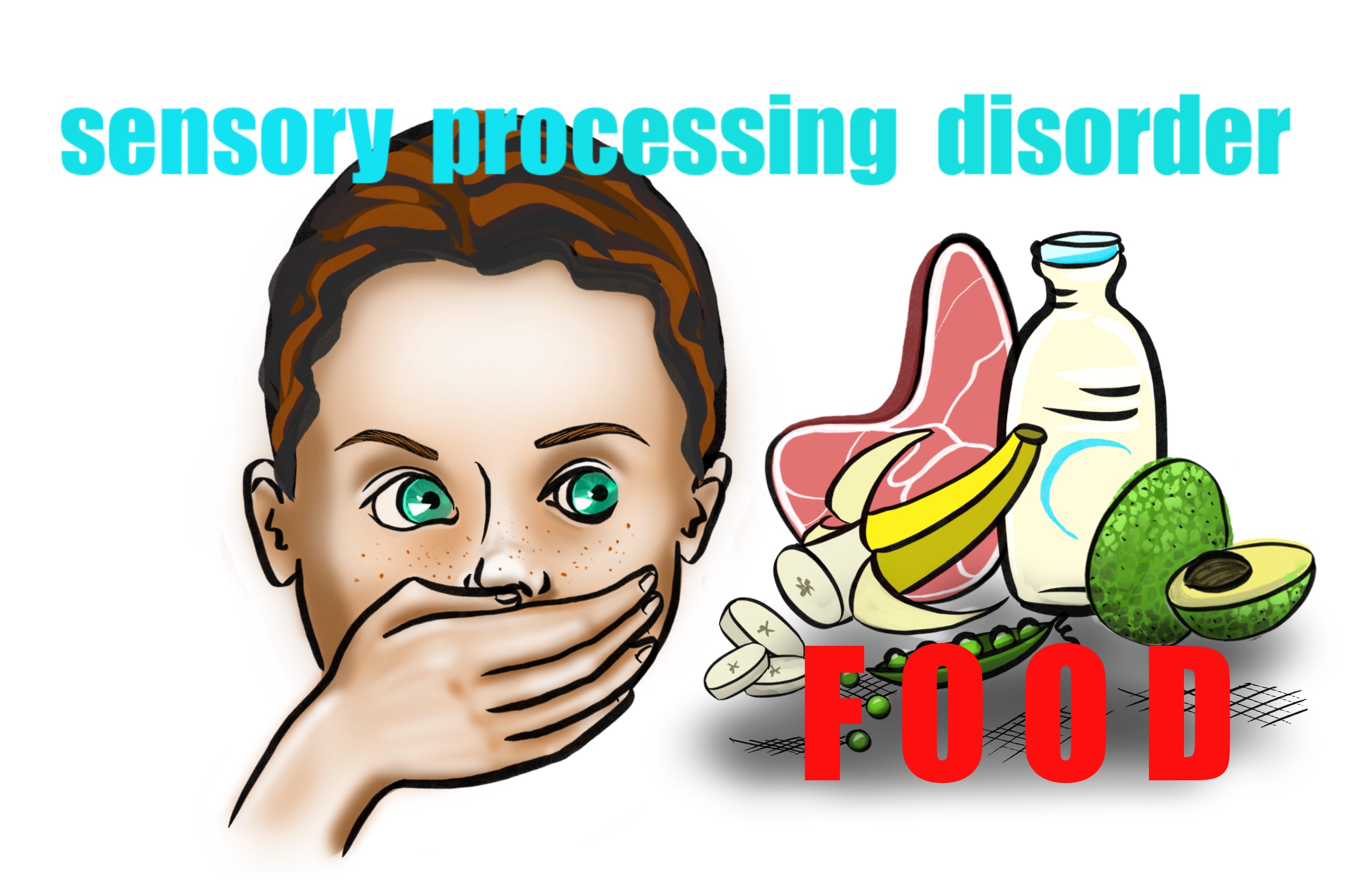The life of a special needs child can be an emotional rollercoaster and can lead to intense anxiety and emotional stress. One of the most challenging aspects of parenting a special needs child is their lack of inner security and self-confidence. This insecurity often goes unnoticed and is underrated, despite being one of the biggest causes of frustration and challenging behavior issues in special needs children.
The lack of self-confidence in special needs children is due to their feelings of incompetence, anxiety, inferiority, and limitations in their mental and/or physical functioning. Every day they are faced with the reality that they are unable to understand, solve, or accomplish basic life skills. This daily struggle can be extremely stressful and even terrifying for them, leading to vulnerable, aggressive, and violent behavior.
It’s important to recognize that these behavior issues are not always a natural part of the diagnosis or condition and that there may be underlying causes that need to be addressed. This is especially important because parents, teachers, and carers may misinterpret the behavior and attribute it to the child’s condition.
In our personal experience with our son Stony, we realized the importance of understanding the root cause of behavior issues. Stony’s debilitating behavior was caused by his deeply discouraging feelings of insecurity. He developed an unhealthy obsession with our family cat, Coconut, and relied on the cat for his decision-making and interpretation of the world.
The self-esteem and inner security of a child is crucial for their overall behavior and mental health, and it’s our responsibility as parents to help improve it. Symptoms of insecurity include behavior issues, aggressiveness, violence, anxiety, and oversensitivity. It can be challenging to detect, but taking the time to understand and address these underlying causes can have a dramatic impact on a child’s happiness, well-being, and behavior.







